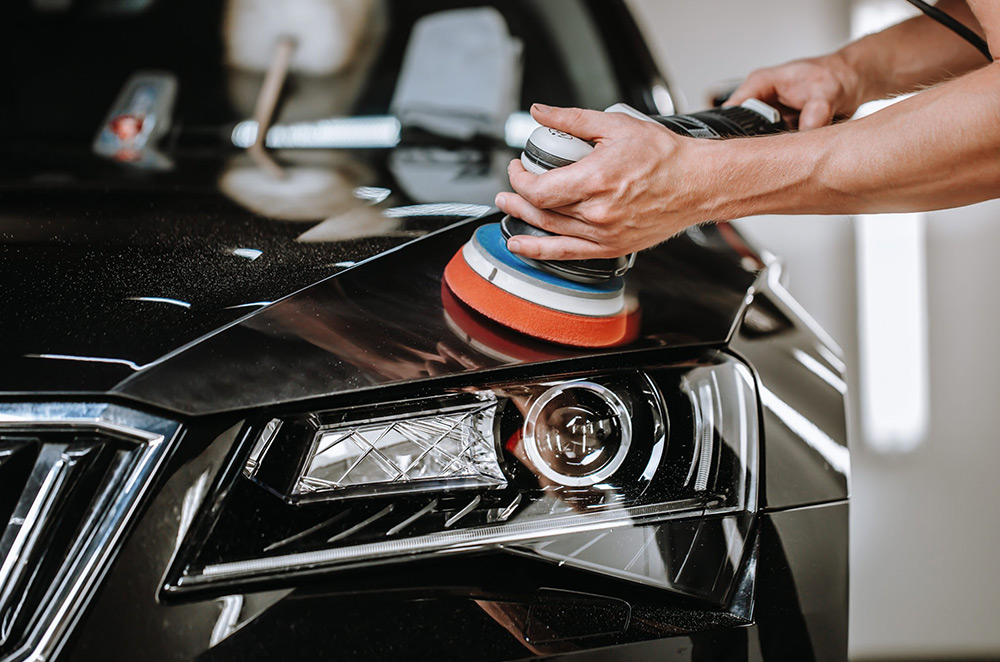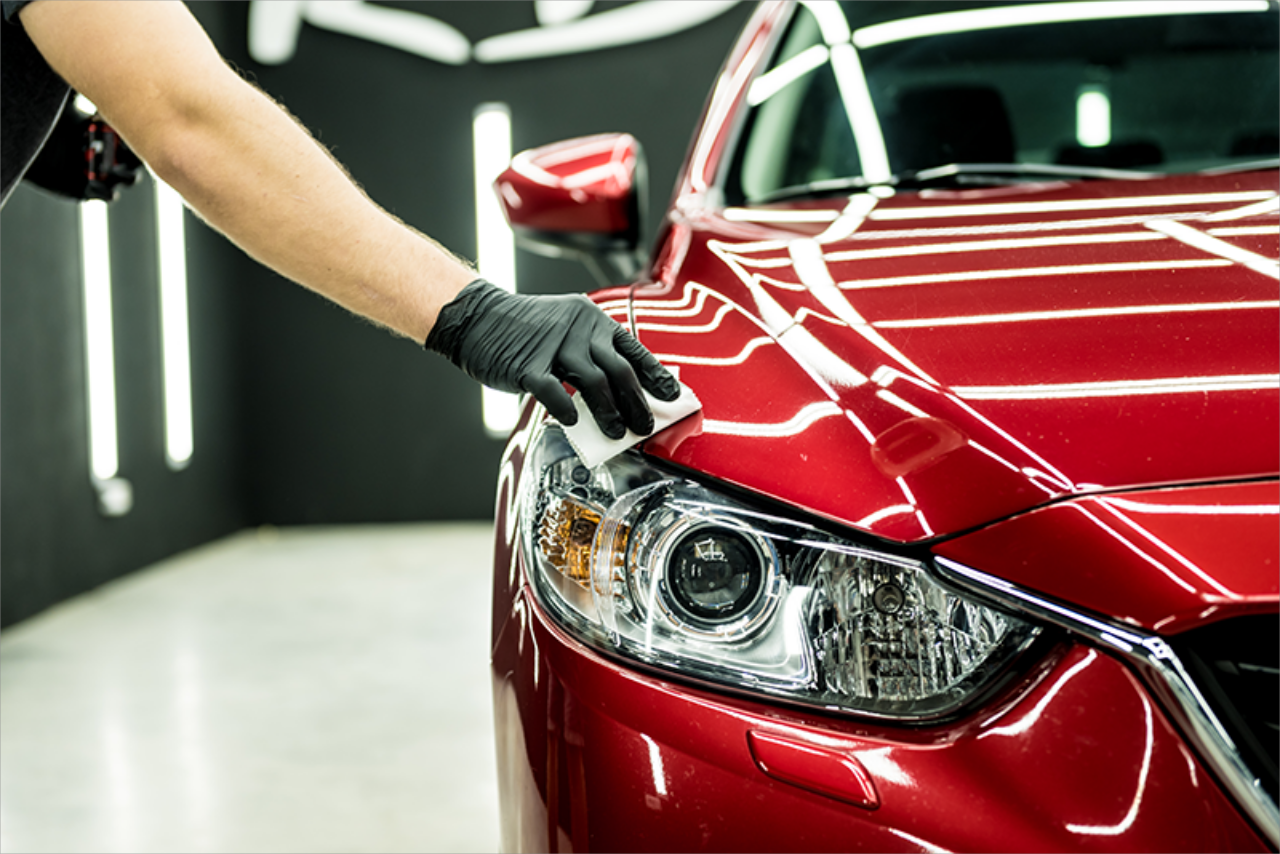Important Vehicle Treatment Practices: Maintain Your Lorry in Optimal Problem
Effective car treatment methods are basic to ensuring that your vehicle continues to be in optimal problem throughout its life-span. Many vehicle proprietors neglect these crucial aspects, possibly jeopardizing their financial investment.

Normal Oil Adjustments
Regular oil modifications are essential for preserving ideal engine efficiency and longevity. Engine oil functions as a lubricating substance for the many moving components within the engine, stopping friction and wear. Gradually, oil can become infected with steel, dust, and debris bits, reducing its performance and bring about prospective engine damage.
The frequency of oil adjustments can vary based upon numerous elements, including vehicle make and design, driving conditions, and the sort of oil made use of. Normally, it is recommended to alter the oil every 3,000 to 5,000 miles for conventional oil, while artificial oils might prolong this period to 7,500 miles or even more (Rochester Car Care). Nonetheless, constantly get in touch with the automobile's owner guidebook for specific referrals.
In addition to protecting the engine, normal oil modifications add to better gas efficiency and lowered discharges. Old, deteriorated oil can bring about raised engine stress, resulting in higher gas usage. Preserving clean oil aids to advertise a healthier atmosphere by reducing harmful exhaust emissions.
Tire Upkeep Tips

Additionally, examine your tires for irregular wear, which can show placement or suspension issues. Rotate your tires every 5,000 to 7,500 miles to advertise even wear and expand their lifespan. Take note of walk depth; tires with inadequate step can jeopardize grip, particularly in damp problems. A simple examination involves placing a penny into the walk; if you can see all of Lincoln's head, it's time for brand-new tires.
Imbalance can cause premature tire wear and affect automobile handling. Normal upkeep of your tires not just enhances safety but also improves gas performance and extends the life of your car.
Brake System Checks
The brake system is a crucial element of car safety and security that needs regular attention and maintenance. Routine checks of the brake system can prevent potential failings and guarantee optimal efficiency. Begin by checking the brake pads and shoes for wear. The majority of pads these details have a built-in wear indication, which supplies an audible signal when they require substitute. In addition, look for uneven wear, which may show problems with the calipers or suspension.
Next, check out the brake rotors for signs of deforming or racking up. Irregular surface areas can cause inadequate braking efficiency and needs to be dealt with without delay. It is also important to check the brake lines and tubes for any type of signs of leaks, cracks, or bulges, as jeopardized lines can result in brake liquid loss and failure.
Liquid Degree Inspections
Preserving optimal fluid levels is necessary for the smooth procedure and longevity of a car. Normal examinations of essential liquids, including engine oil, coolant, transmission liquid, brake fluid, and power steering liquid, are vital to ensuring that your automobile executes at its best. Each of these liquids plays an important function in the overall functionality of the automobile, adding to numerous systems such as cooling, lubrication, and hydraulic procedures.
To conduct an extensive liquid level evaluation, begin by seeking advice from the vehicle's proprietor guidebook for certain recommendations on fluid kinds and degrees. Checking engine look at this site oil can be quickly done utilizing the dipstick approach, guaranteeing that the oil is at the advised level and cost-free from particles or staining. Routine liquid degree inspections not only prevent prospective failures but additionally boost general lorry performance and security.
Battery Care and Upkeep
An often-overlooked component of car upkeep is the treatment and upkeep of the battery, which plays a pivotal role in starting the engine and powering electric systems. Routine battery upkeep can substantially expand its life-span and prevent unforeseen failures.
To make certain optimum performance, visually evaluate the battery at least when a month. Seek indicators of deterioration or leakage around the terminals, which can hinder electric flow. If you discover white, fine-grained deposits, clean the terminals with a combination of cooking soda and water, and guarantee they are tightly linked.
Additionally, examine the battery's liquid degrees if it is not a maintenance-free model. Completing with distilled water can aid maintain correct electrolyte degrees. It's additionally suggested to check the battery's cost frequently, especially prior to extreme weather condition periods, as both cold and heat can affect efficiency.
Spend in a battery maintainer if your car is not driven frequently, as this can avoid deep discharges. Inevitably, a little interest to your battery can go a long way in guaranteeing your car starts reliably and operates successfully. Routine maintenance promotes long life and assists stay clear of expensive substitutes.
Verdict
Routine oil changes, persistent tire maintenance, thorough brake system checks, fluid level assessments, and consistent battery treatment jointly guarantee that lorries operate efficiently and safely. Focusing on these maintenance regimens is essential for any type of car proprietor intending to maintain their car in peak condition throughout its life-span.
The regularity of oil changes can vary based on a number of aspects, including lorry make and design, driving like it conditions, and the type of oil used. Routine examinations of crucial liquids, consisting of engine oil, coolant, transmission fluid, brake fluid, and power steering fluid, are critical to guaranteeing that your lorry carries out at its best.To conduct a complete fluid level evaluation, begin by consulting the lorry's owner guidebook for certain referrals on liquid types and degrees. Normal oil adjustments, persistent tire maintenance, extensive brake system checks, fluid degree evaluations, and regular battery care collectively make sure that vehicles run effectively and securely. Focusing on these maintenance regimens is essential for any type of lorry owner intending to keep their lorry in peak problem throughout its life-span.